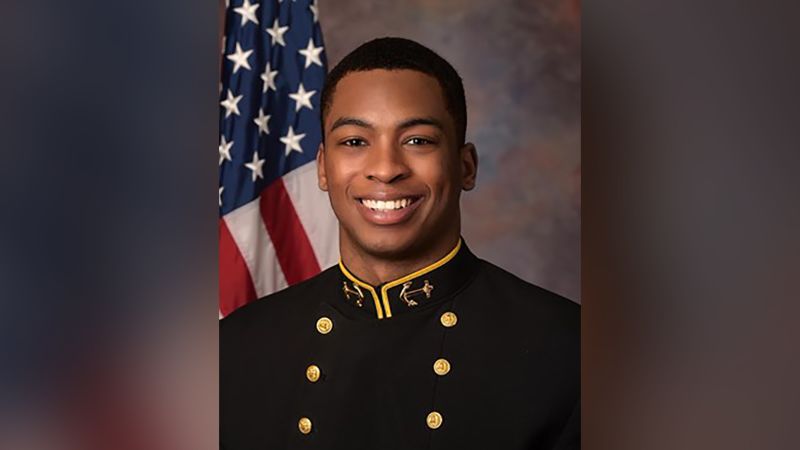- Joined
- Jul 15, 2007
- Messages
- 2,534
To me the flaw with the medical corps analogy is a military necessity/requirement to commission medical corps officers. What is the military necessity to have individuals go into pro sports? Obviously, there isn’t a clearly defined one…it is why I mention that any decision should be data/factual driven…cost-benefit. Using a process similar to the USNA medical corps officers selection/recommendation could help with consistency, but not sure it addresses the “why” of letting athletes defer or early out.
I think the default DON policy should be serving the commitment, but a clause that special requests COULD be entertained. That way it is always clear that there is no guarantee….then you don’t have to worry about swaying DOD policy and if during one year there is a necessity/need to allow some to go pro, then that is entertained through a special request. Typically policy can always be made more stringent down the chain of command.
I think the default DON policy should be serving the commitment, but a clause that special requests COULD be entertained. That way it is always clear that there is no guarantee….then you don’t have to worry about swaying DOD policy and if during one year there is a necessity/need to allow some to go pro, then that is entertained through a special request. Typically policy can always be made more stringent down the chain of command.


